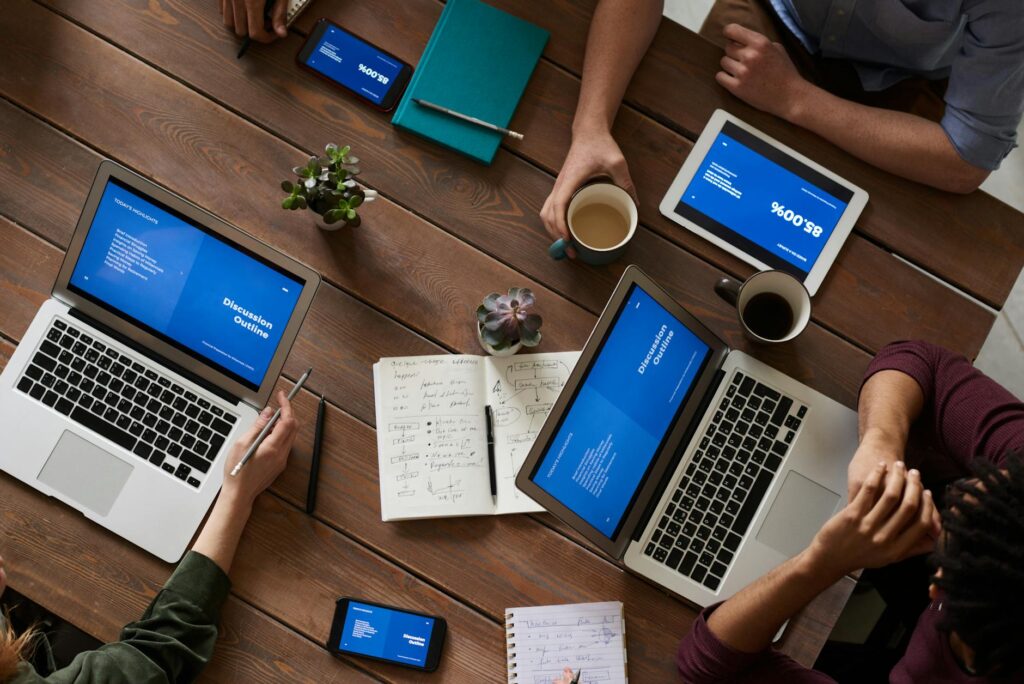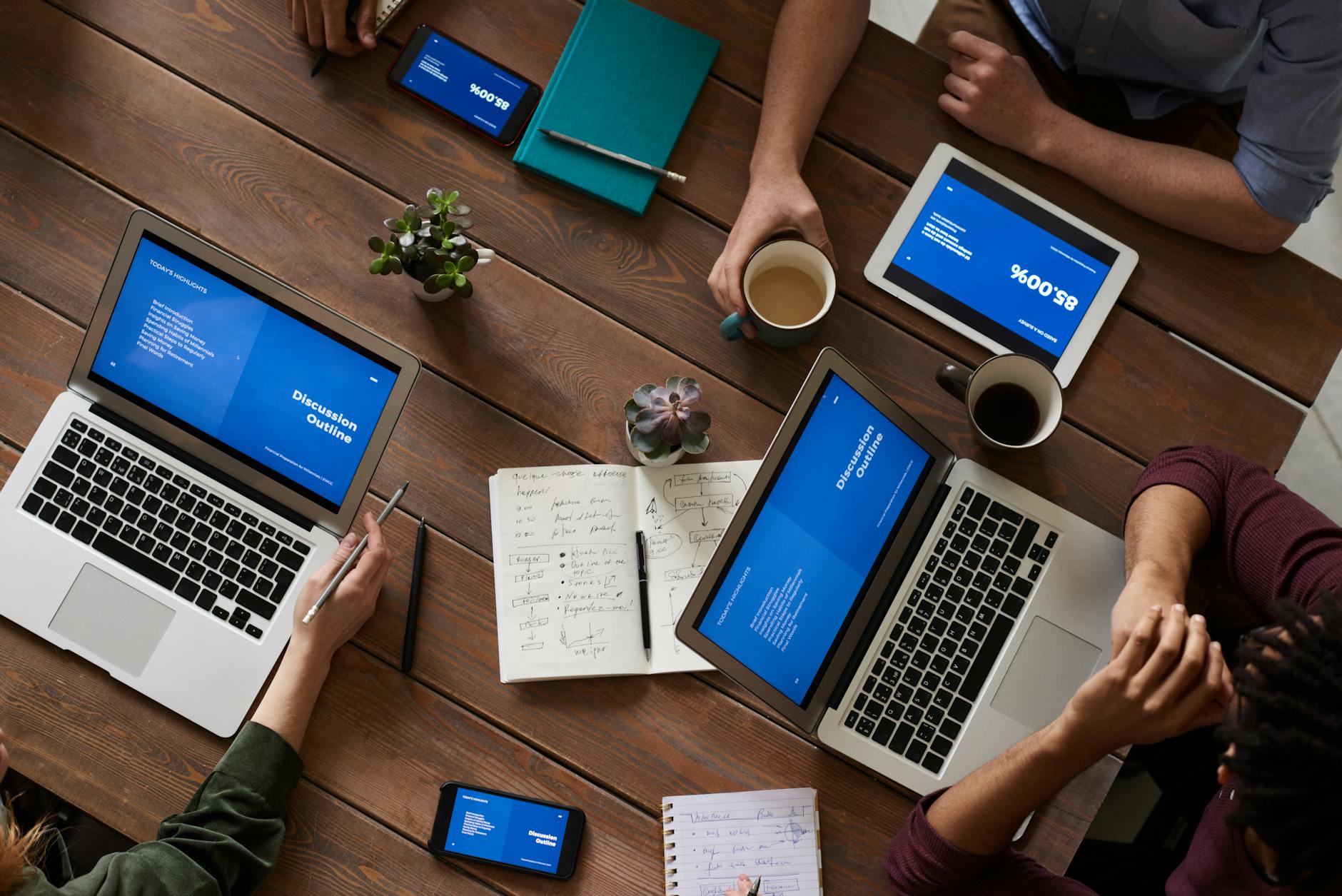What is avoiding multitasking?

What is avoiding multitasking?
In our fast-paced world, multitasking often seems like a badge of honor. However, more people are beginning to see the value of avoiding multitasking. By focusing on one task at a time, we can enhance our productivity and improve our overall well-being. This article explores the concept of avoiding multitasking, its relevance, and how it can transform your daily life.
Understanding Multitasking
To truly grasp the benefits of avoiding multitasking, it’s essential to understand what multitasking is and the misconceptions surrounding it.
What Is Multitasking?
Multitasking refers to the act of handling multiple tasks simultaneously. In a typical workday, this could mean answering emails while participating in a conference call, or attempting to study while watching TV. While this may feel productive, it often leads to fragmented attention and diminished performance.
In education, students might juggle studying for tests, completing assignments, and engaging in social media all at once. Each of these tasks demands cognitive resources, and spreading those resources too thin can lead to poor results.
Common Misconceptions About Multitasking
Many believe that multitasking enhances productivity. This perception can be misleading. Studies have shown that multitasking often reduces efficiency and increases the likelihood of mistakes. As cited in sources like Harvard Business Review, the more tasks you try to do at once, the less effectively you complete them.
Moreover, the brain is not designed to handle multiple streams of information simultaneously. Our cognitive abilities are limited, making it counterproductive to attempt to multitask.
The Drawbacks of Multitasking
Embracing multitasking may seem appealing, but it comes with significant drawbacks that can affect both mental health and work efficiency.
Cognitive Overload
When we multitask, our brains can easily become overloaded. As we switch between tasks, our cognitive load increases, which can lead to decreased performance. The brain struggles to keep up with the demands, resulting in mistakes and a longer time to complete tasks. According to research, cognitive overload can diminish our ability to think critically and solve problems effectively.
Impact on Mental Health
Multitasking can also take a toll on mental health. The constant pressure to juggle several tasks often results in heightened stress and anxiety levels. As highlighted in 15Five, the feeling of being overwhelmed can lead to burnout. This cycle not only affects productivity but can also negatively impact personal relationships and overall well-being.
Benefits of Avoiding Multitasking
By avoiding multitasking, you can reap numerous benefits that enhance both productivity and quality of work.
Improved Focus and Attention
When you focus on one task at a time, you can fully engage with it. This concentrated effort leads to deeper thinking, creativity, and improved problem-solving abilities. By eliminating distractions, you allow your brain to perform at its best.
Higher Quality Work
Focusing on a single task can significantly enhance the quality of your outputs. When you’re not splitting your attention, you’re more likely to produce results that are thorough and well-crafted. The relationship between focused work and quality is well-established, and it often leads to greater satisfaction with your accomplishments.
Enhanced Time Management
Avoiding multitasking can improve your time management skills. By working on one task at a time, you can allocate specific periods for each task. This structured approach helps ensure that deadlines are met without the chaos that often accompanies multitasking. Techniques like time blocking can be incredibly effective in organizing your tasks and improving time efficiency.
Practical Strategies for Avoiding Multitasking
Implementing strategies to avoid multitasking can be straightforward yet transformative.
Set Clear Priorities
Before diving into your tasks, take a moment to prioritize. Create a to-do list that outlines what needs to be accomplished. This clarity will help you focus on one task at a time and reduce the urge to switch between them. When you know what matters most, you can direct your energy towards completing those tasks efficiently.
Use Time Blocking Techniques
Time blocking is a method that involves scheduling specific blocks of time for different tasks. By allocating time for each activity, you can ensure that you stay focused and productive. This structured approach makes it easier to concentrate and reduces the temptation to multitask.
Minimize Distractions
Distractions can easily derail your productivity. To minimize interruptions, consider turning off notifications on your devices and creating a focused workspace. By reducing visual and auditory distractions, you can maintain your concentration and work more effectively.

Photo by fauxels
Conclusion
Avoiding multitasking is a powerful strategy for enhancing productivity and mental well-being. By focusing on a single task at a time, you can improve your concentration, produce higher quality work, and manage your time more effectively. Adopting these techniques can lead to a more productive lifestyle, making it easier to meet deadlines and achieve personal goals. Embrace the simplicity of focusing on one task, and experience the benefits that come with it.